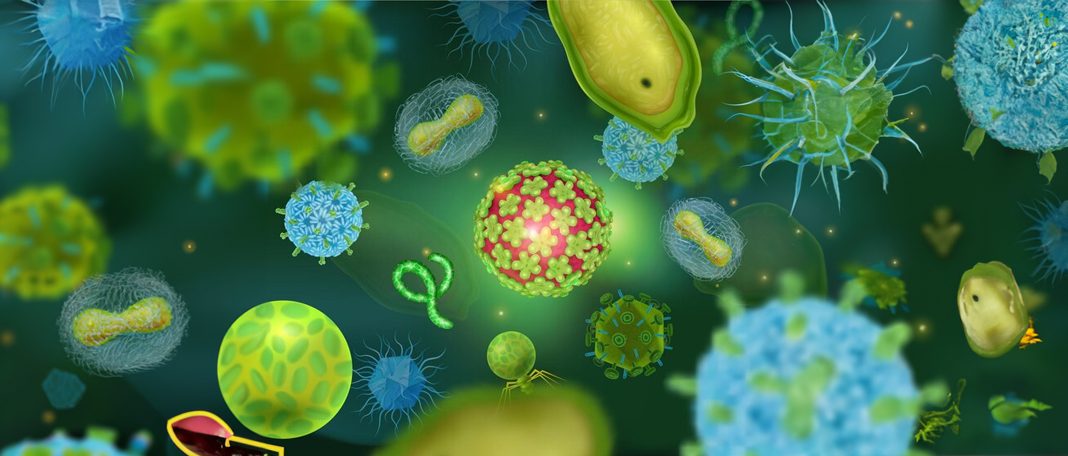What is Antibiotic Resistance?
When a bacteria is mutated they become strong enough to fight antibiotic medicines
that are actually meant to destroy them. As a result, these bacteria cause many serious health issues which are harder to treat. Besides bacteria, fungi, parasites, and viruses are also capable to develop antibiotic resistance.
It is not humans or animals that become antibiotic resistant, but the bacteria. If an individual develops antibiotic resistance, certain drugs are only able to destroy the bacteria.
What Causes Antibiotic Resistance?
Consuming antibiotics excessively in unnecessary situations leads to antibiotic resistance.
In some cases, like throat infections or ear infections, antibiotics are not needed. The bacterias are capable to increase in any instance. For example, if an individual skips, or forgets to take medicines, consume the wrong antibiotic or stops in advance it can multiply the bacteria.
Based on the genetic structure of the bacteria it can mutate on its own. And the antibiotic fails to recognise the nature of the bacteria and couldn’t destroy it. Sometimes the changes help the bacteria to fight off the drug.
Drug-resistant bacteria are contagious, it can spread from person to person. Again antibiotics drugs won’t work for infected persons.
Consequences of Antibiotic Resistance
It can occur to anyone who had exposure to antibiotics medicine. Older people and immunocompromised are more vulnerable to mutated bacterial infections. Others who have been diagnosed with cancer, AIDS, or autoimmune disease are at high risk for antibiotic resistance.
Prevention Methods
- Take prescribed antibiotics only when it’s needed.
- Avoid consuming someone’s antibiotic pills as the health complications vary from person to person.
- Never take antibiotics without a health provider’s prescription.
- If your healthcare provider says you don’t need one, don’t force them.
- Don’t share your leftover pills with someone else.
- Consume the prescribed pills on a regular basis don’t skip them.
- Wash your hands before and after food, prepare food hygienically and consume healthy fruits and vegetables.
Antibiotic resistance is now prevalent worldwide. Since superbugs are able to fight the antibiotic, it’s hard to treat with typical medicines. However, to prevent the further development of bacteria you must consult a healthcare provider, and stop taking antibiotics in unnecessary situations.















